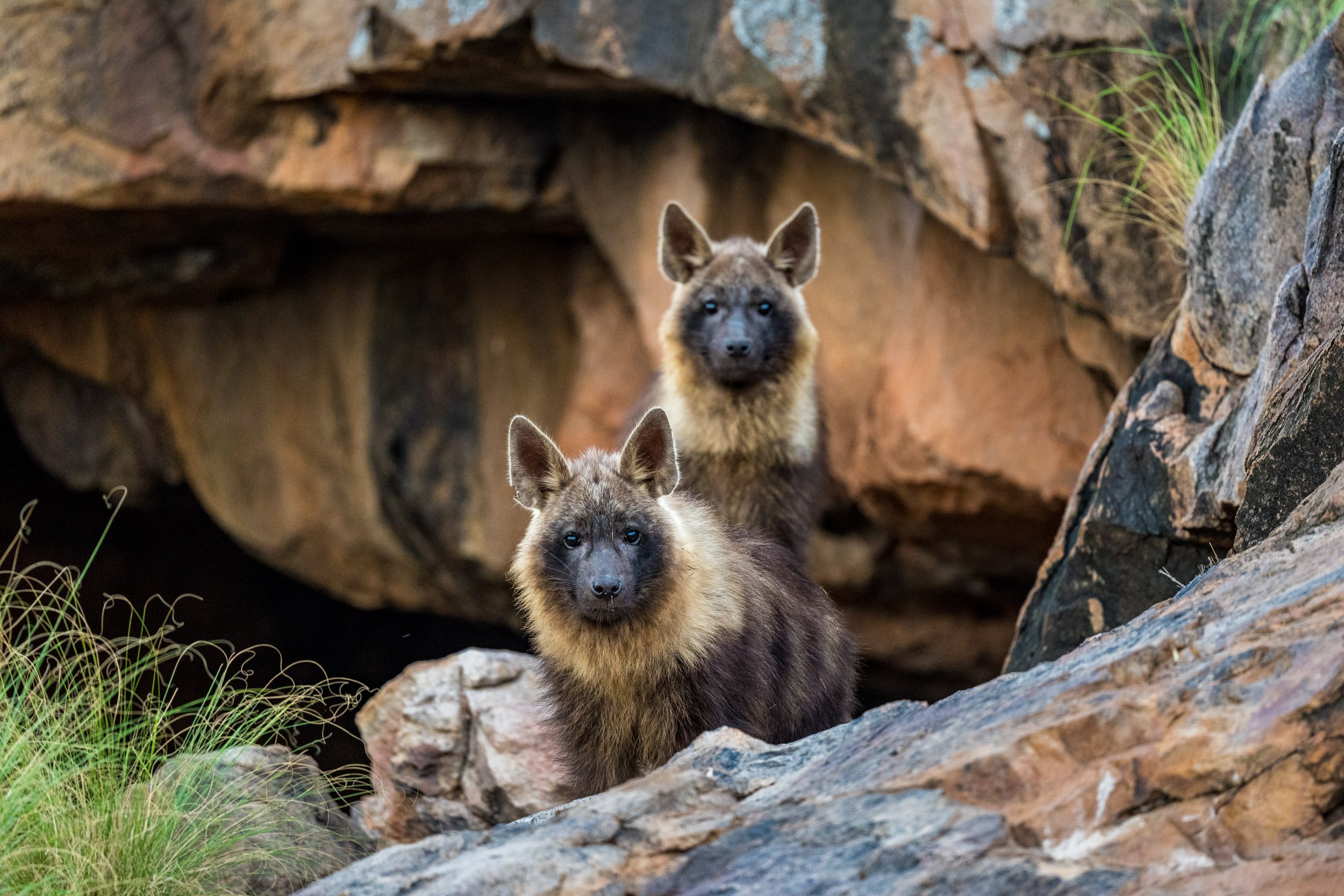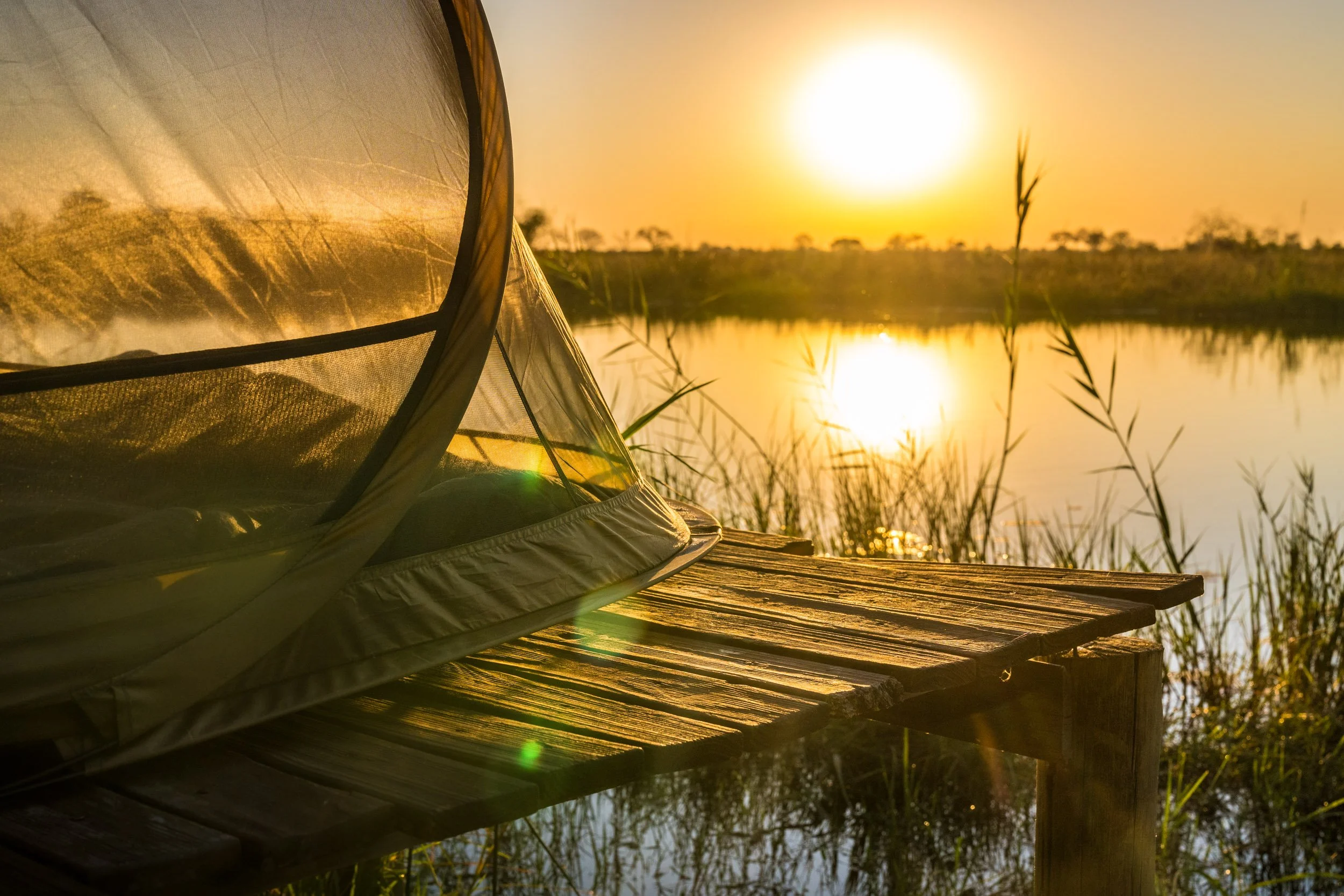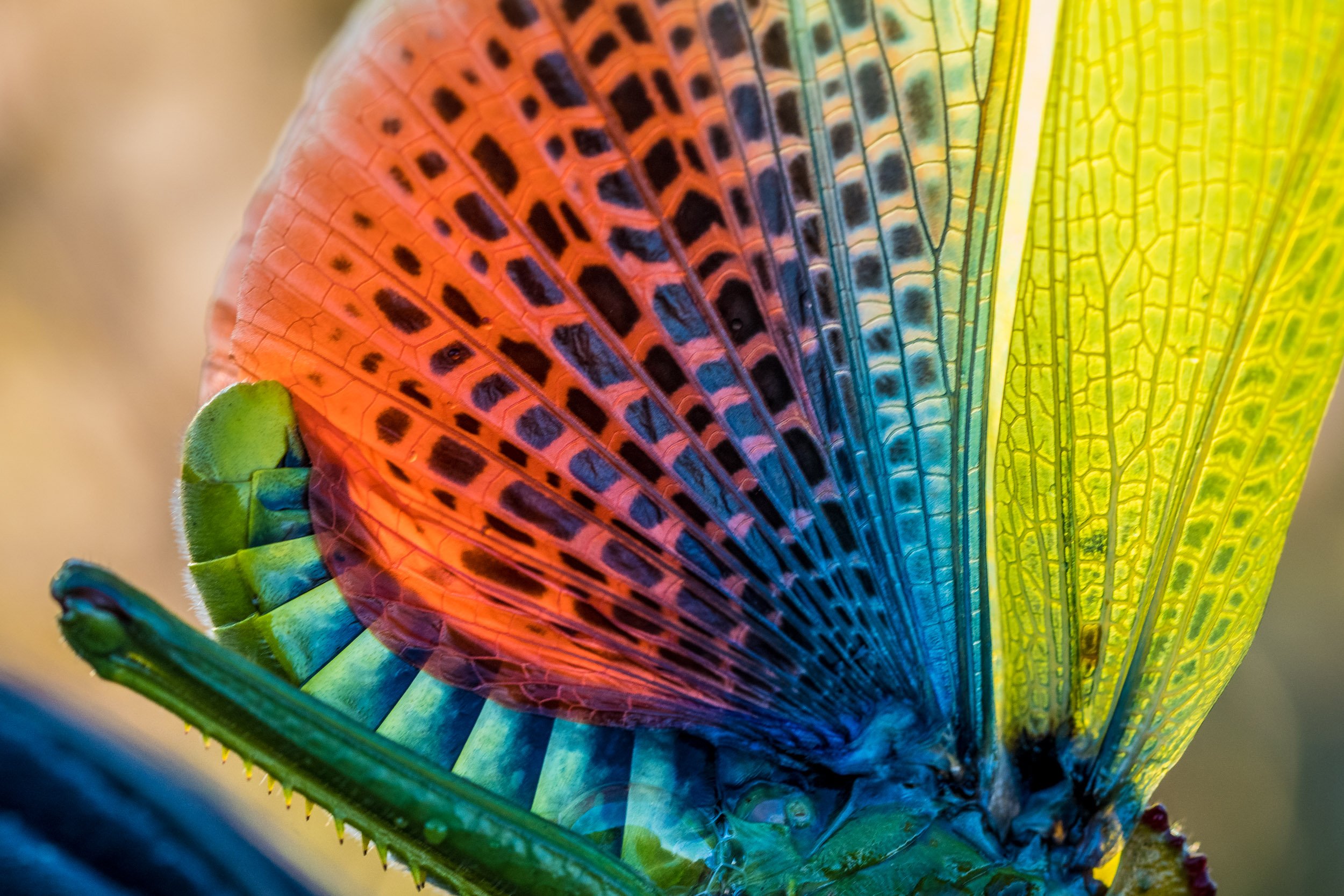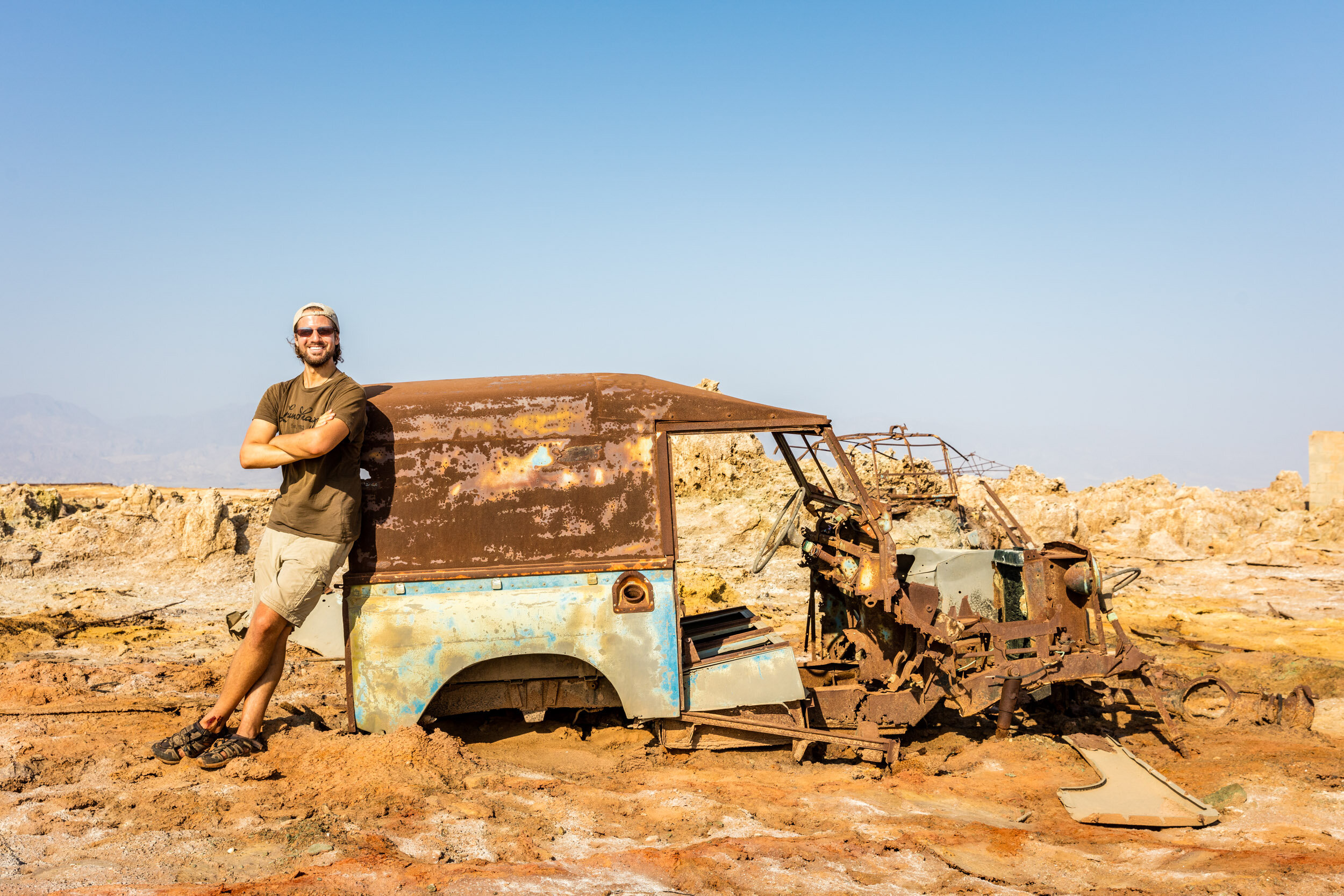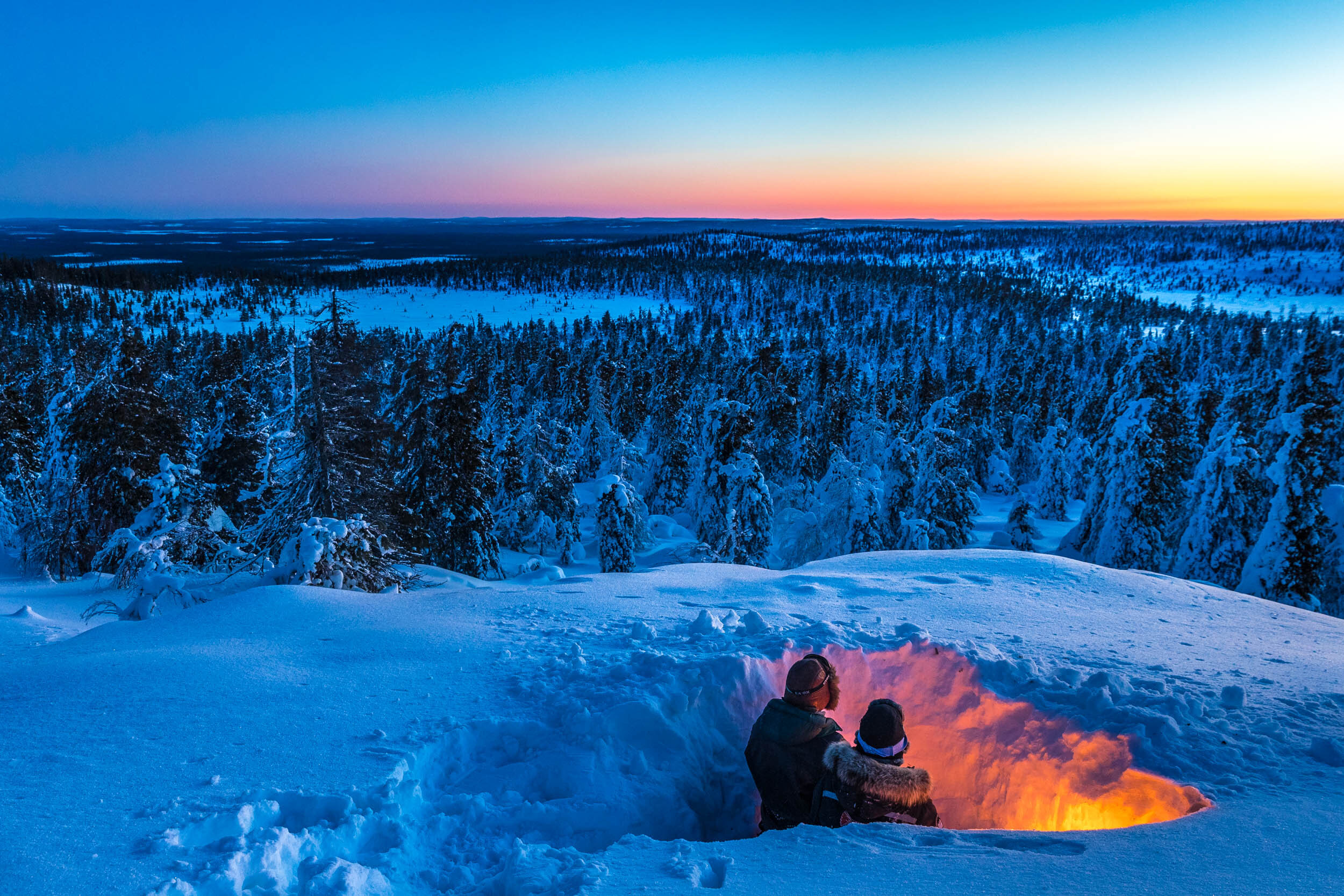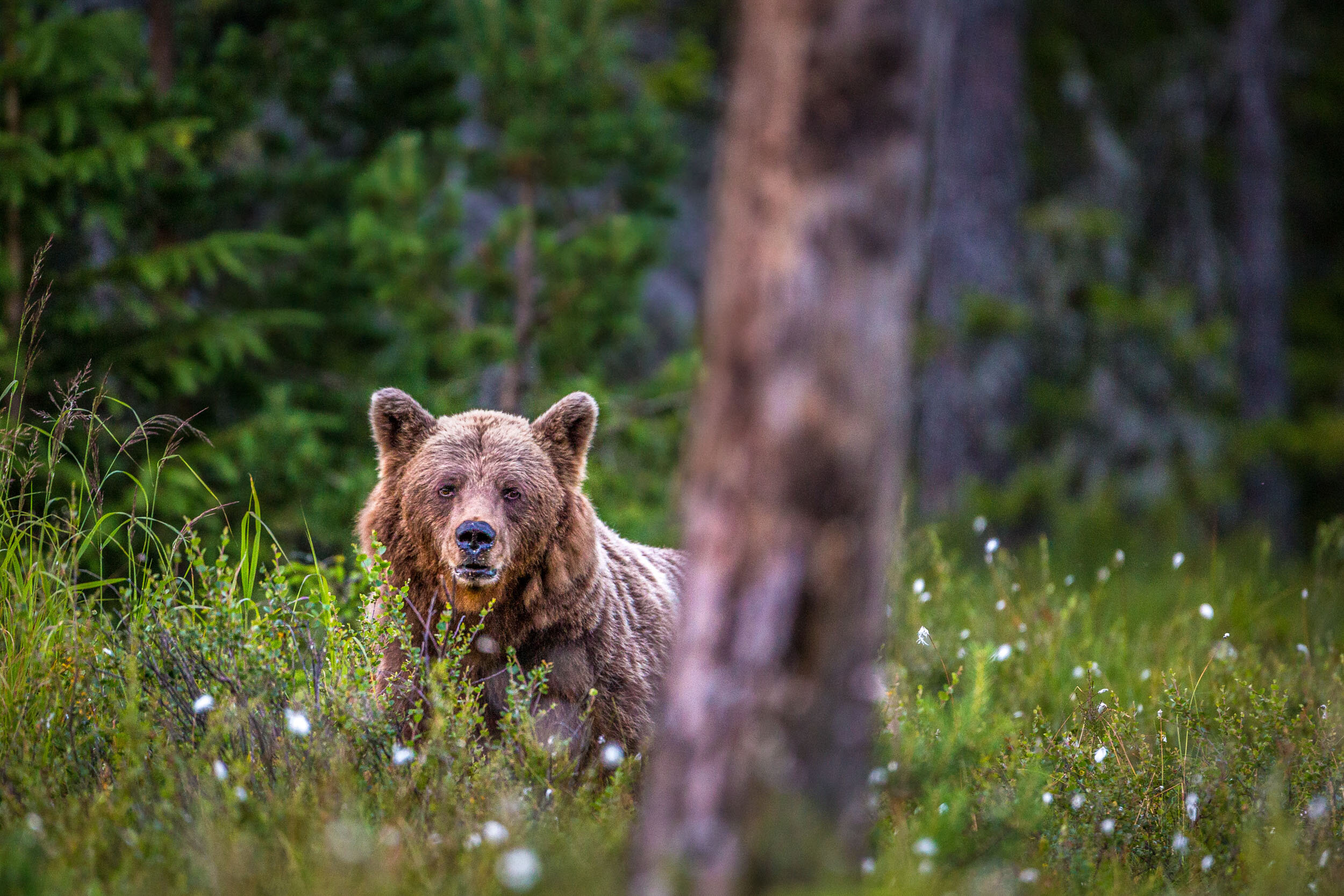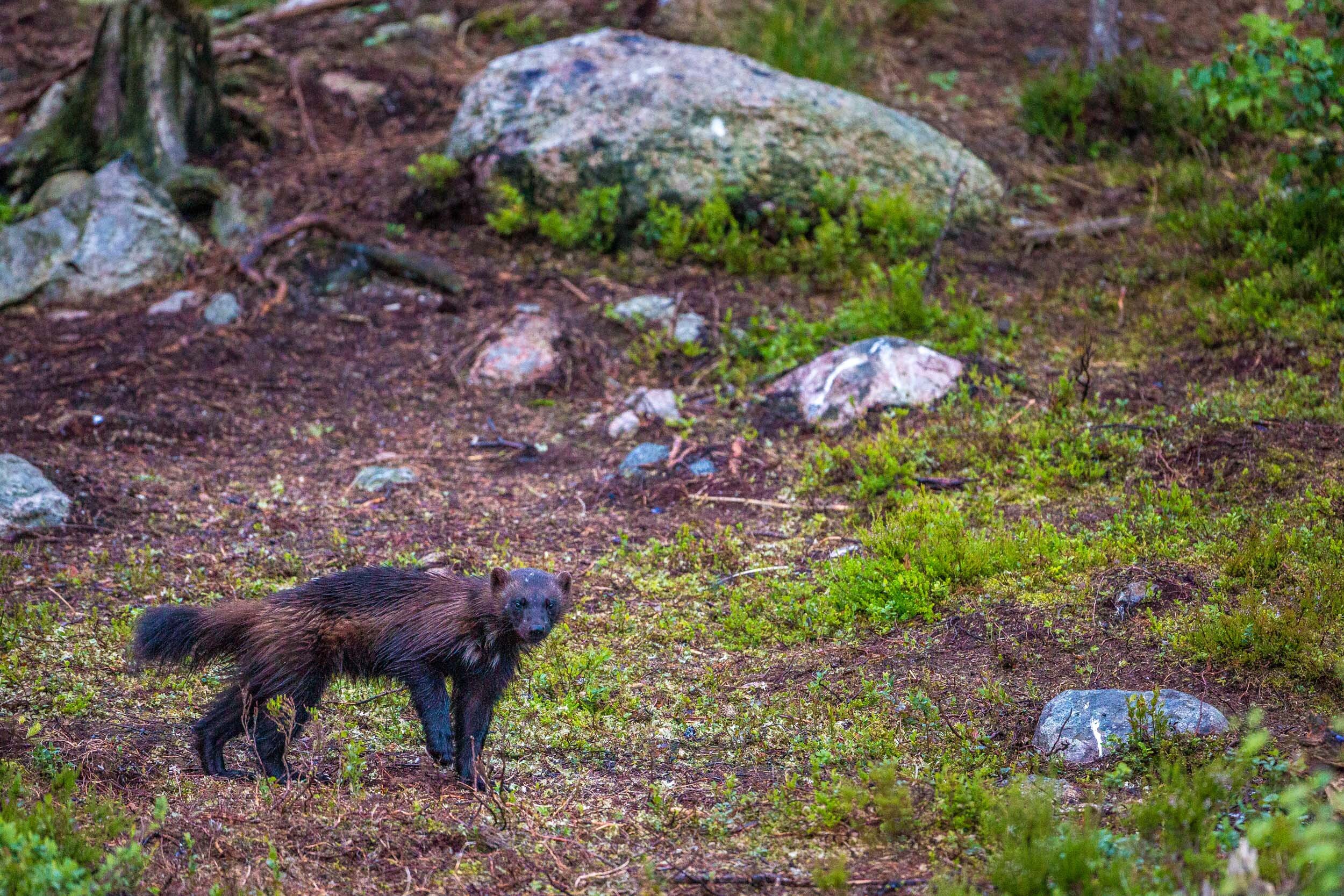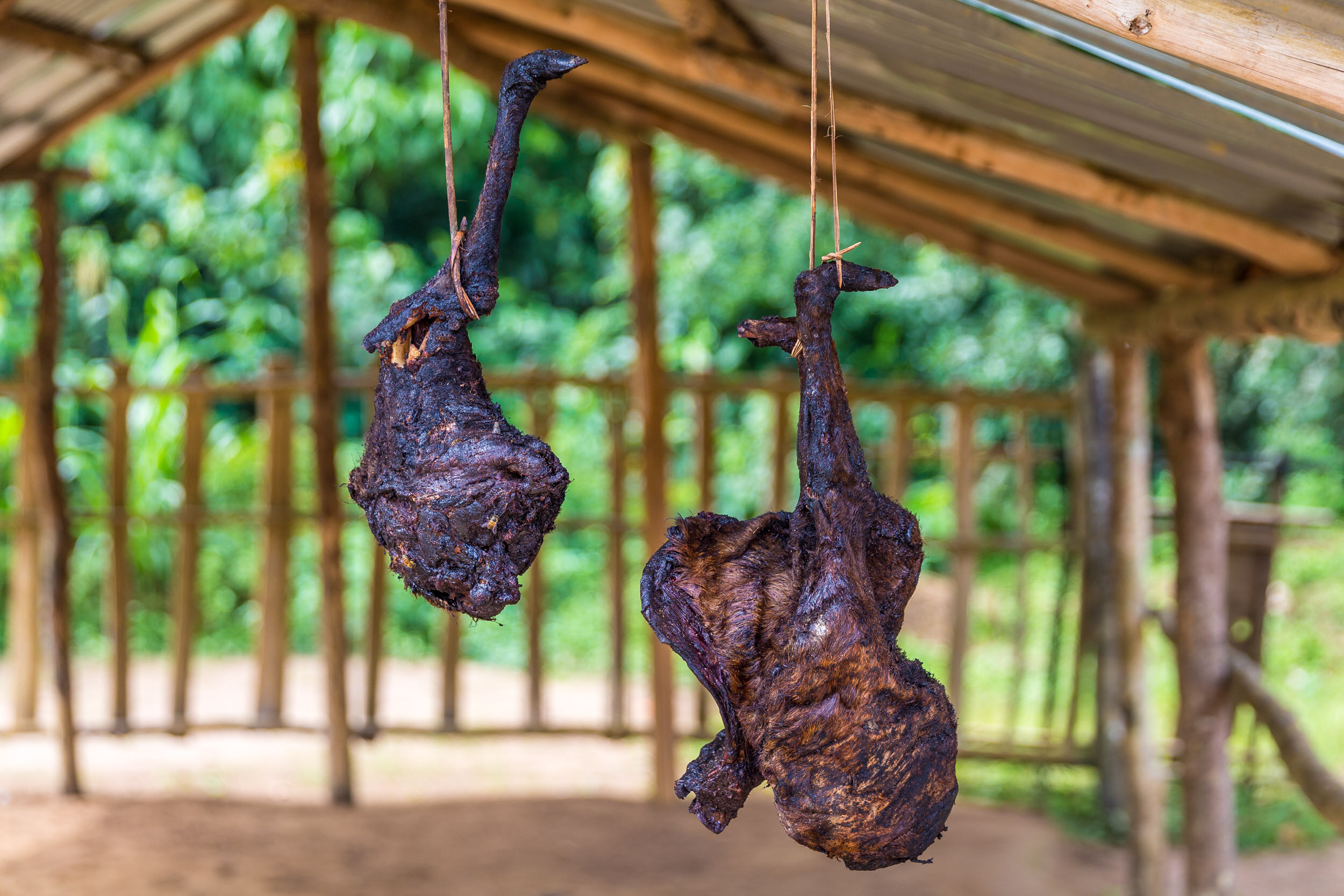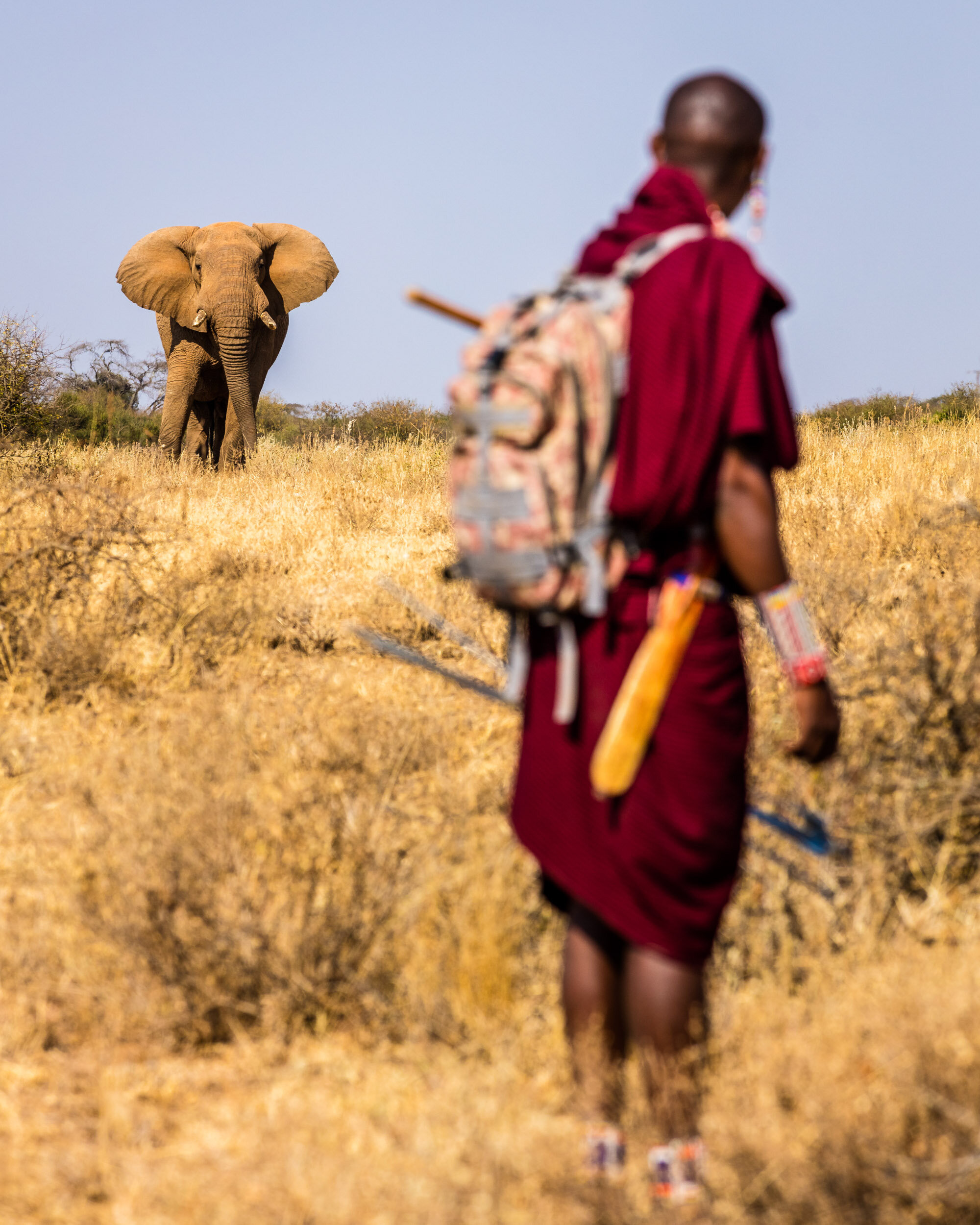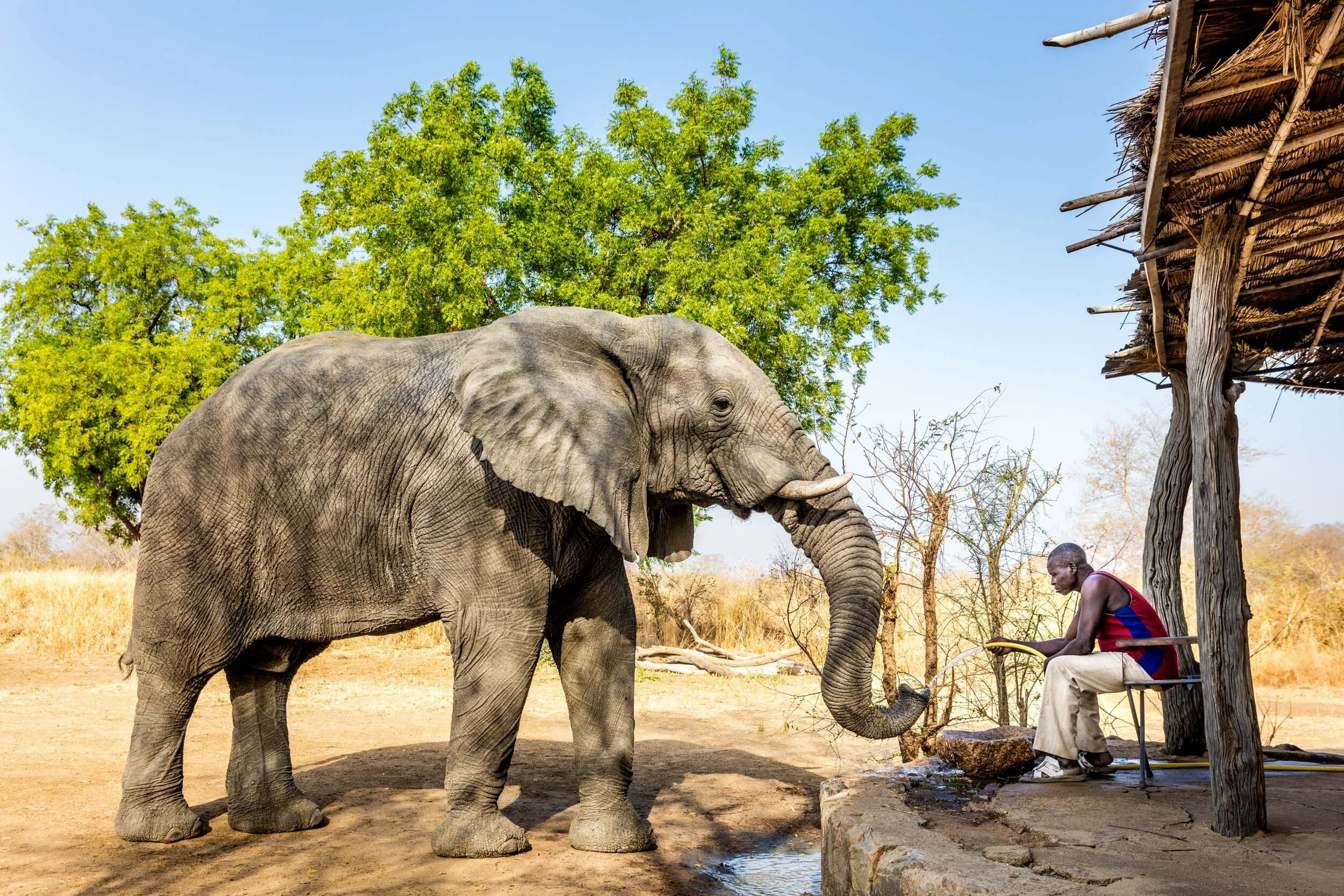The answer to that generally depends on two things: whether the life in question is human, and, if it is not, what its value to humans is.
“Value” can mean different things. It can be positive or negative. For example, in many cultures, dogs are valued as pets, while rats are seen as pests. So we are outraged when someone mistreats (or eats!) the former, but will happily poison (or have someone else poison) the latter.
Most of us love wild animals. Love them! But, that love is rather more unconditional for wildlife that causes us no harm - elephants in a faraway country, for example - while we tend to become more ambivalent the more we are personally impacted. Just ask someone whose garden is regularly raided by said elephants. Or, closer to home, by wild boars.
Strangely, even avid conservationists often make a clear distinction between wild and domesticated animals. There are sound ecological arguments for why the survival of a species matters more than individual lives. But what, exactly, is the point of a species surviving if its members are suffering? Why do we value individual agency so much for humans, and to some extent for our pets, but no others? And why, if individual suffering is not unimportant, is a buffalo’s life worth more than a cow’s, a zebra’s more than a donkey’s or a lion’s more than a pig’s?
Obviously, there are pragmatic reasons for various compromises and ways of doing things. At the end of the day, though, all of it is entirely on our terms, with no consent - or even understanding - from any non-human required. Which, practical or not, we should give far more thought than we currently do.
This is Roncas, a 7-year old pig currently living at @quintadalruta_santuarioanimal farm animal sanctuary in Portugal. Going forward, sanctuaries, the animals living there and the people helping them is a topic I will be exploring more when I’m not traveling.
Joao and Roncas

























